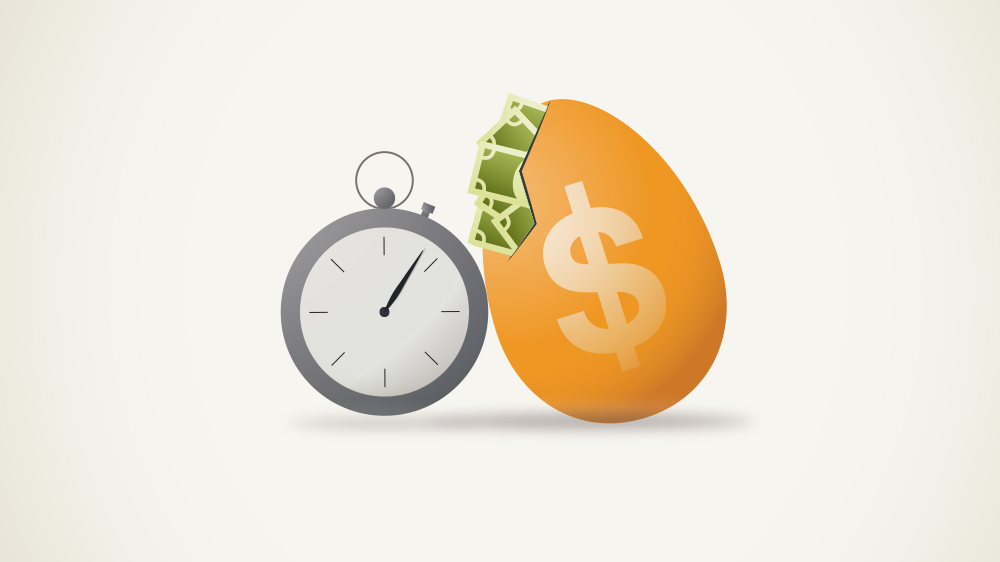
Many people, prompted to think about how long they might stay at work, fall back on statistics they hear in the media.
You know, the ideal retirement age is 65, maybe a few years more, tops.
The thing is, that number made sense only briefly around the time the government was setting up Social Security, back in 1935. There needed to be a target in order to calculate potential years “in retirement” to be funded.
That number in 1940 for men was almost 13 more years after 65 and for women almost 15 more, according to the Social Security Administration. By 1990, it was a little over 15 for men and over 19 for women.
The latest CDC data puts the number at over 18 years for men and comfortably over 20 more years for women — if you make it to 65 in the first place. Getting to that point, age 65, turns out to be a reliable indicator that you are made of hardy stock and likely have a couple of decades of life still ahead of you.
If it feels like the faster you run toward the horizon the farther away it slips away, that’s understandable. Thanks to modern medicines, better diet and exercise and a host of changes in how we experience the stresses of work life, the fact is, people are living longer.
A ‘fourth age’
And that raises a host of interesting questions about the future. We’ve gone, in the span of a century, from not being concerned about retirement at all to having to plan for it to potentially launching an entirely new phase of life. The classical “three ages of man” — childhood, adulthood and old age — now have a fourth wedged between the second and third.
So what are you going to do with your retired self? You probably haven’t thought about things in this way since you were 10 and expected to be a fireman, an astronaut or maybe president someday.
Is retirement simply a long, mindless vacation, or something else? Maybe it can be a second chapter, a chance to reinvent who you are, learn new things and grow as a person.
At some point, you really aren’t talking about simply a financial plan or an exercise in economic forecasting. Rather, you’re trying to figure out a life plan that fits you, with new goals and perhaps even new and different relationships.
Put another way, if you knew today that you would feel perfectly healthy and find yourself financially secure at 70 or even 75, what would you do next? What do you want to be when you (finally) grow up?
This all sounds very positive, but there are planning questions to ponder. First and foremost, you’ll notice that women consistently come out ahead on the aging yardstick. If we all live longer on average, at some point women of a certain age are on their own.
That raises some clear concerns for couples but also for women who arrive at middle age single and perhaps behind the curve on their retirement savings goals. Women often spend more years as caregivers to children or elderly parents, forgoing income along the way.
Secondly, if you “top out” in your career path in your 60s, it might be necessary to find a new career interest in order to make sure you can finance living longer, perhaps to 90 or even 100. That’s 40 years!
Reinvention
It could be entrepreneurship, consulting, a different company, or just part-time work that fits your skills and keeps the bills paid while your retirement savings continue to grow in the background. Whether it’s a job or an all-consuming hobby, assume you will be busy and not “retired” and rocking on a porch somewhere.
Finally, it’s important to keep close track of your health. Just living longer but in poor physical shape is hardly an enviable outcome. Diet, exercise and mental stimulation are important factors in helping your best cognitive self go the distance.
Reinvention is the key. Whatever you did for the first 40 years of your working life, perhaps it no longer fits or even makes sense in the economy around you. It’s also likely you no longer have to raise kids or, sadly, care for aging parents, so time is more your own than before.
Perhaps you have a good bit of money saved up in an IRA or 401(k), cash in the bank and little debt. Now your decisions are much more like back when you were 20 or 25: Wide open to the world and seeking a positive way forward.
An experienced financial advisor can help you build a retirement plan that takes into account not only the numbers but the nuances that make your life yours, from saving and investing to income and long-term financial security for your family.





